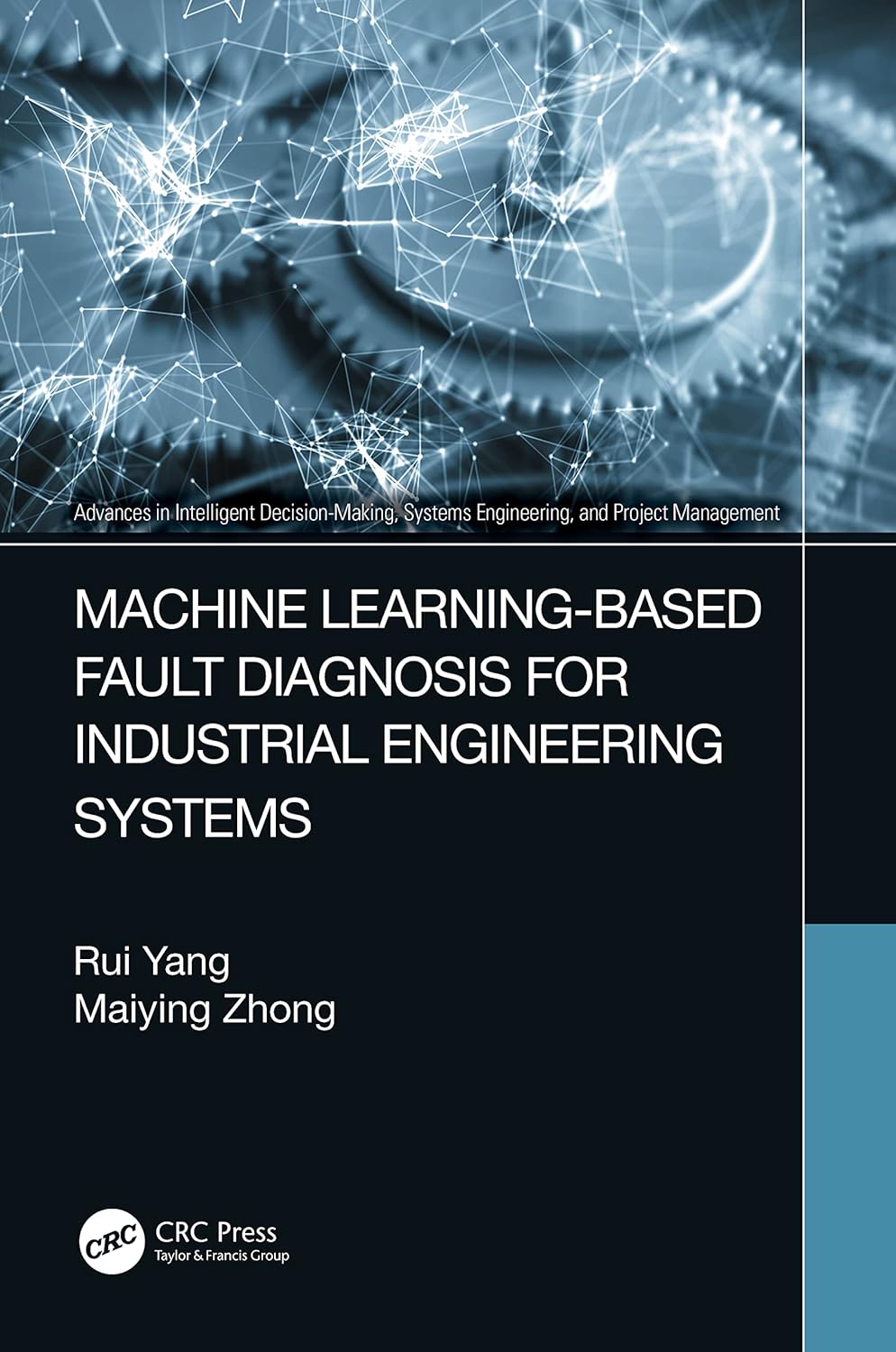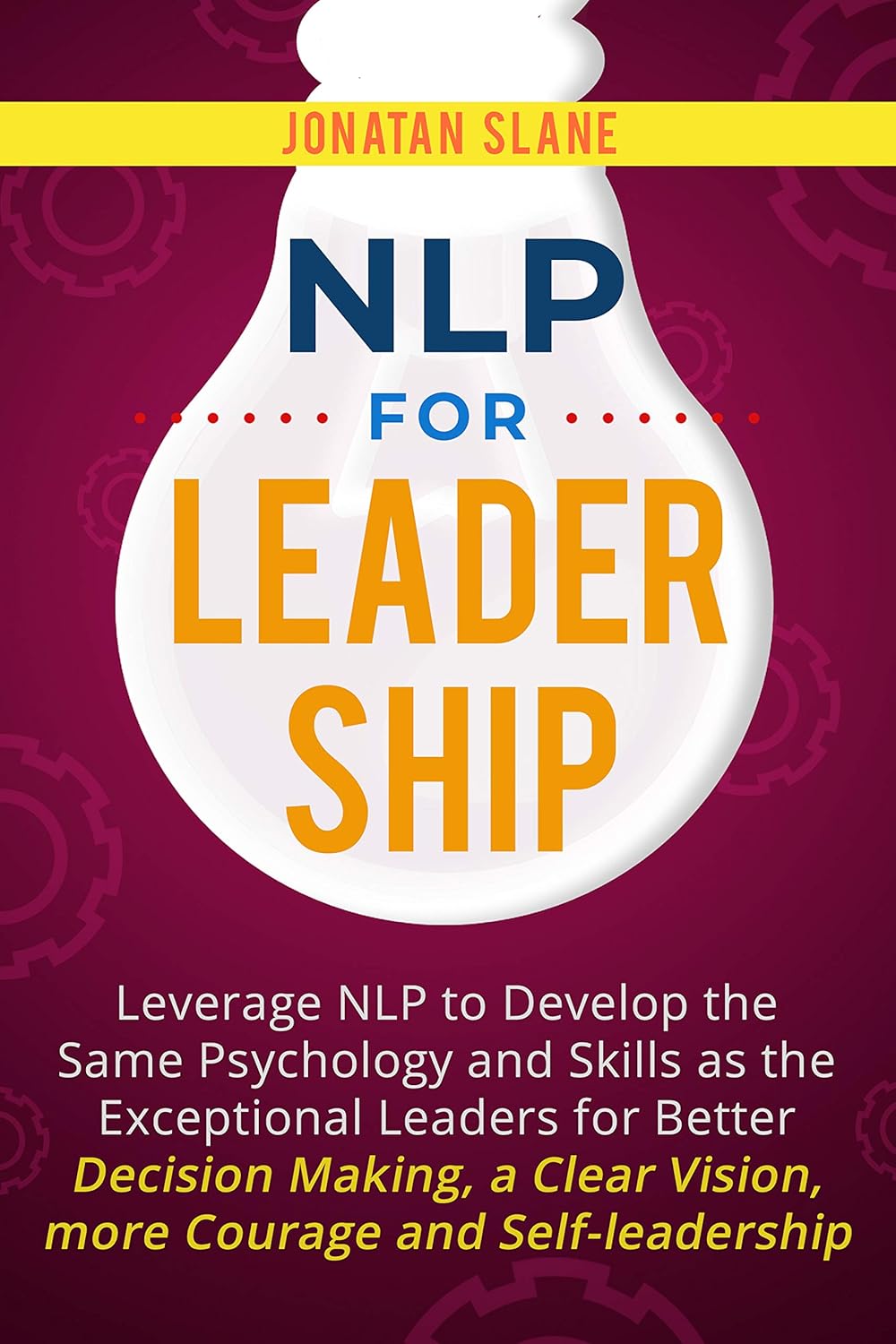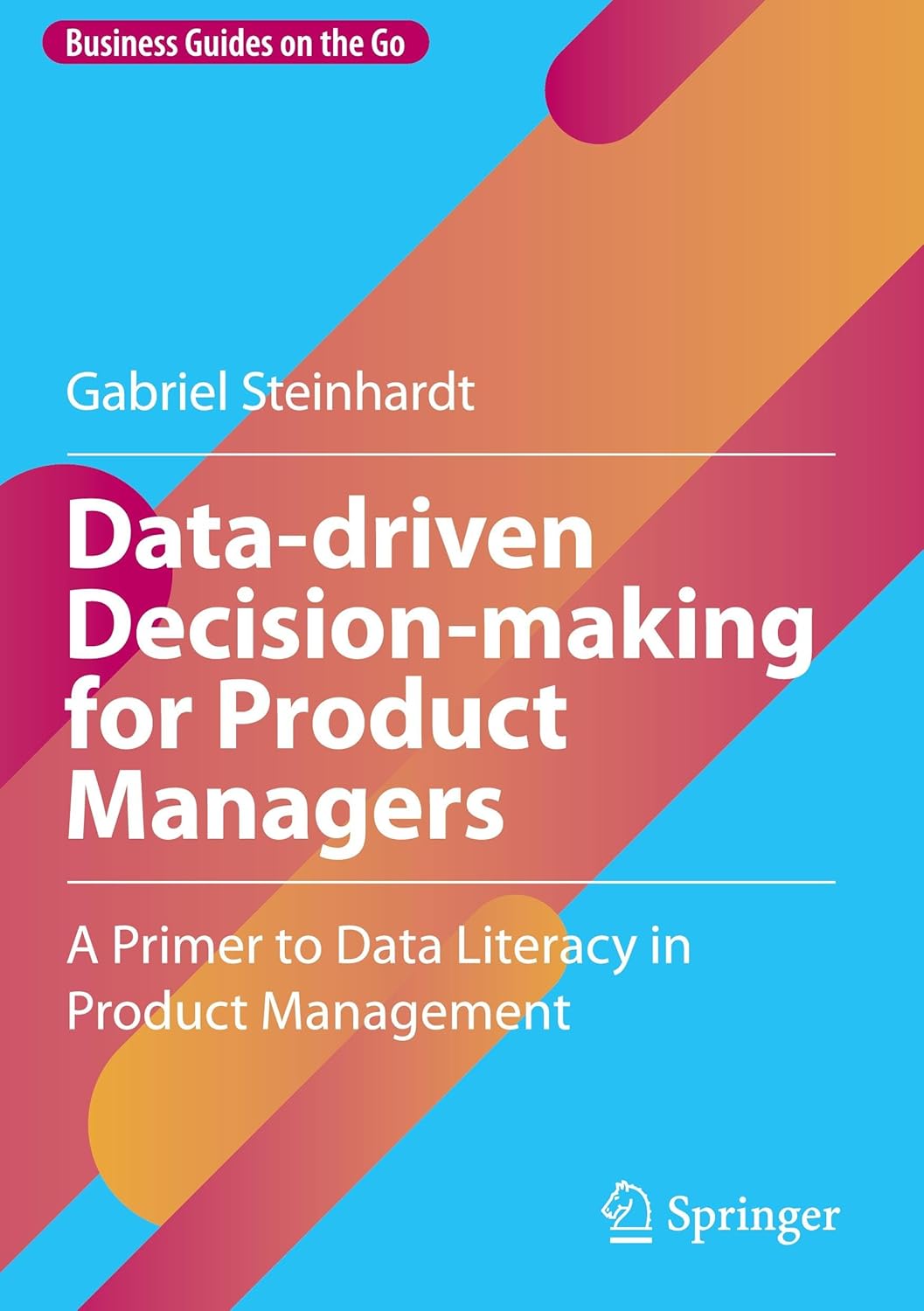In today’s digital age, data has become more valuable than ever before. With the rise of remote monitoring technologies, businesses now have access to real-time data that can help them make more informed decisions and drive better outcomes. Remote monitoring allows companies to track and analyze a wide range of data points, from equipment performance to customer behavior, all without having to be physically present.
One of the key benefits of remote monitoring is its ability to provide businesses with a more comprehensive view of their operations. By collecting data from multiple sources and analyzing it in real-time, companies can gain insights into trends, patterns, and anomalies that may go unnoticed with traditional monitoring methods. This allows them to identify issues before they escalate, improve operational efficiency, and optimize resource allocation.
Another advantage of remote monitoring is its ability to enable predictive maintenance. By continuously monitoring equipment performance and capturing data on key metrics, businesses can predict when maintenance is needed before a breakdown occurs. This not only helps to prevent costly downtime but also extends the lifespan of equipment, saving companies money in the long run.
Furthermore, remote monitoring can also be used to enhance customer satisfaction. By tracking customer interactions and preferences, businesses can tailor their products and services to better meet the needs of their target audience. This personalized approach can help companies build stronger relationships with customers, increase loyalty, and drive repeat business.
Overall, the power of data in remote monitoring lies in its ability to provide businesses with actionable insights that can drive better decision-making. By leveraging real-time data, companies can enhance operational efficiency, reduce costs, and improve customer satisfaction. As technology continues to evolve, businesses that embrace remote monitoring and data analytics will have a distinct advantage in today’s competitive marketplace.













